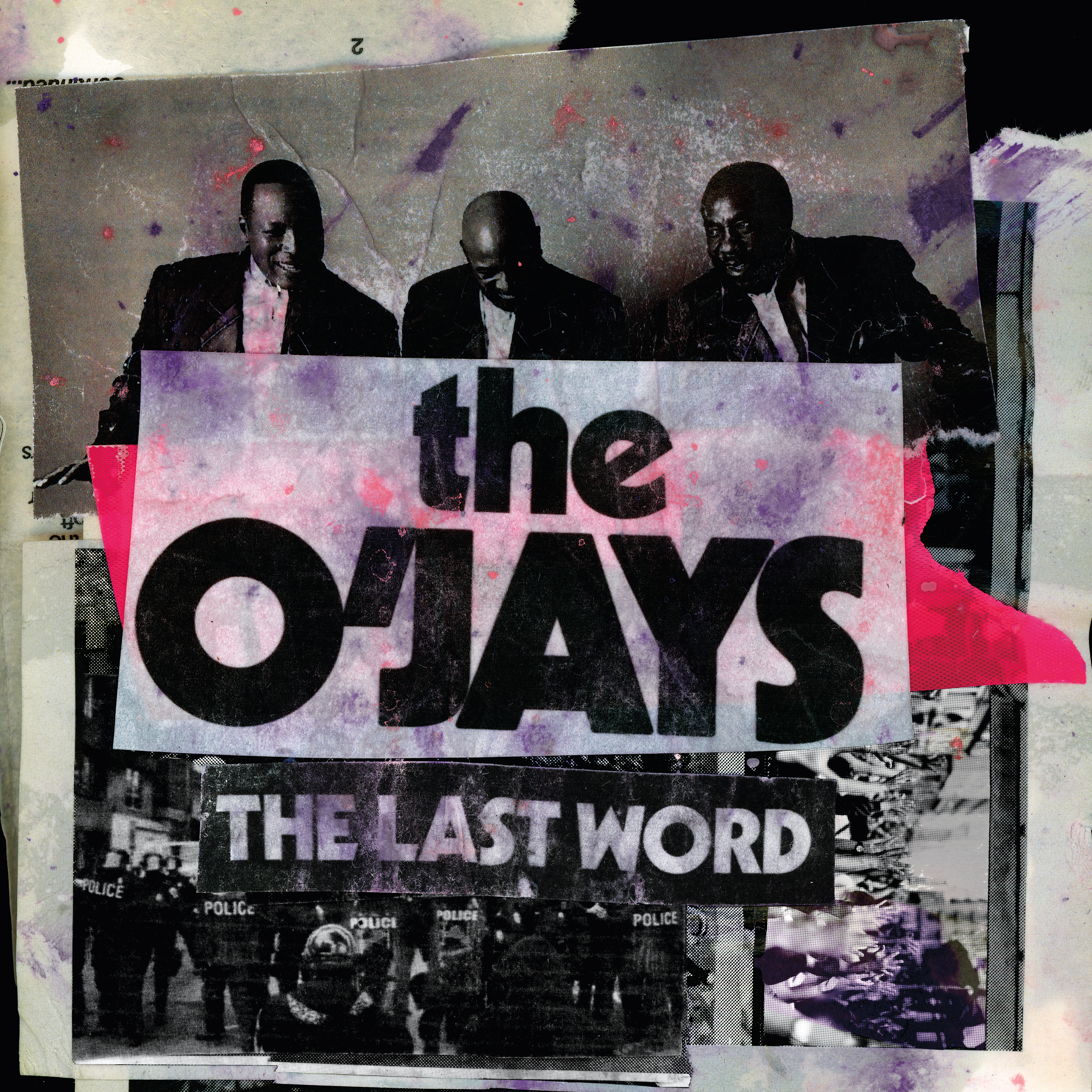ALBUM REVIEW: The O’Jays give us their 60 years of wisdom on ‘The Last Word’

The O’Jays released their first single in 1960. In the nearly six decades since, they’ve released 30 albums. Five of those albums went gold, another four platinum. They’ve had six top-10 singles including all-time greats “Back Stabbers,” “Love Train,” and “For the Love of Money.”
The Last Word, their 31st studio album, is their last.
The Last Word
The O’Jays
S-Curve/BMG, April 19
Original members Eddie Levert and Walter Williams, along with Eric Grant (who’s been with the group since 1997) conclude a Hall of Fame recording career with a politically charged rebuke to the social injustices of our time. It’s not their first foray into activism by a long shot—”For the Love of Money,” for example, is a biting song about the terrible things people do for money and the terrible things money does to people, which makes it ironic it was chosen to be the theme song for Donald Trump’s show The Apprentice.
But, in a departure from most protest albums, the message isn’t one of hostility but rather the power of love.
From any other band that may seem naive, but this is not the first time the O’Jays have seen bad times. In their career they’ve seen the civil rights movement and the assassination of Martin Luther King Jr., they’ve seen Watergate, they’ve seen countless economic recessions. Their advice comes from a place of experience.
The best example of that advice is on the opening track, “I Got You,” a song that would have fit in on any album from their ’70s heyday in both sound and quality. When they sing about a rebellion of love being how we save the world, and how they’ll have your back “even if they try to build that wall,” it’s a reassuring message that we don’t get enough of.
That’s not to say the entire album is a pure throwback and pure love. “Above the Law” is darker and more modern, and much more direct about its message. There’s not a lot of room to misinterpret lyrics like, “Black boy on drugs/ Imprisonment and a heavy fine/ White boy on drugs/ Rehab and treatment,” nor is it hard to understand where they’re coming from.
And they’re right, of course. Few have put it so succinctly and eloquently. It’s a skill they use often on the album, showing everyone how it’s done.
In fact the weakest track on the album is the one they didn’t write. “Enjoy Yourself” was written by Patrick Monahan of Train and Bruno Mars. And while the O’Jays’ talent still results in a good song, it’s clearly not up to the standard of the rest of the album.
The album closer—and if you believe the band, the last studio track they’ll ever release—is a new version of their 1967 song “I’ll Be Sweeter Tomorrow (Than I Was Today).” It serves as a poignant closing of their career’s circle. It begins with a spoken introduction explaining that when they recorded the song the first time they didn’t know what sweeter meant and the performance reflects the change. What was originally a crooning love song becomes a heartfelt, pleading apology.
It’s a hint to why the O’Jays came back for one more album nearly 20 years out of the studio. They’ve learned some things and they’ve seen this all before. They’ve seen these beginnings and they’ve seen how it ends. And in nine songs, one last time, they’re here to tell us what to do about it.
Follow editor Daniel J. Willis at Twitter.com/BayAreaData.
